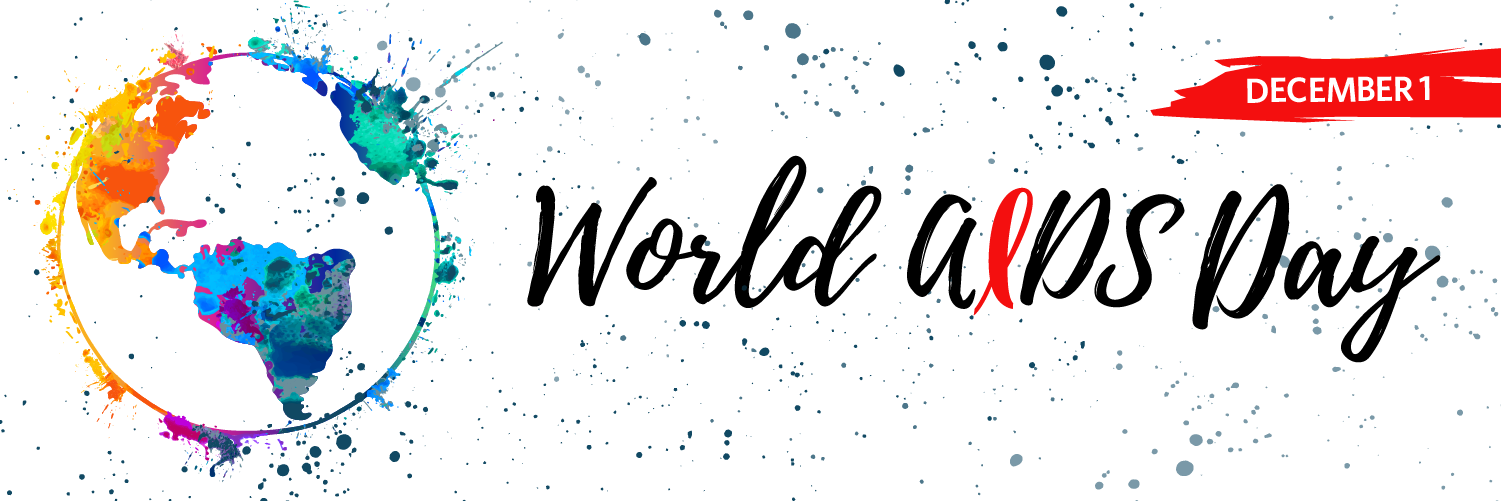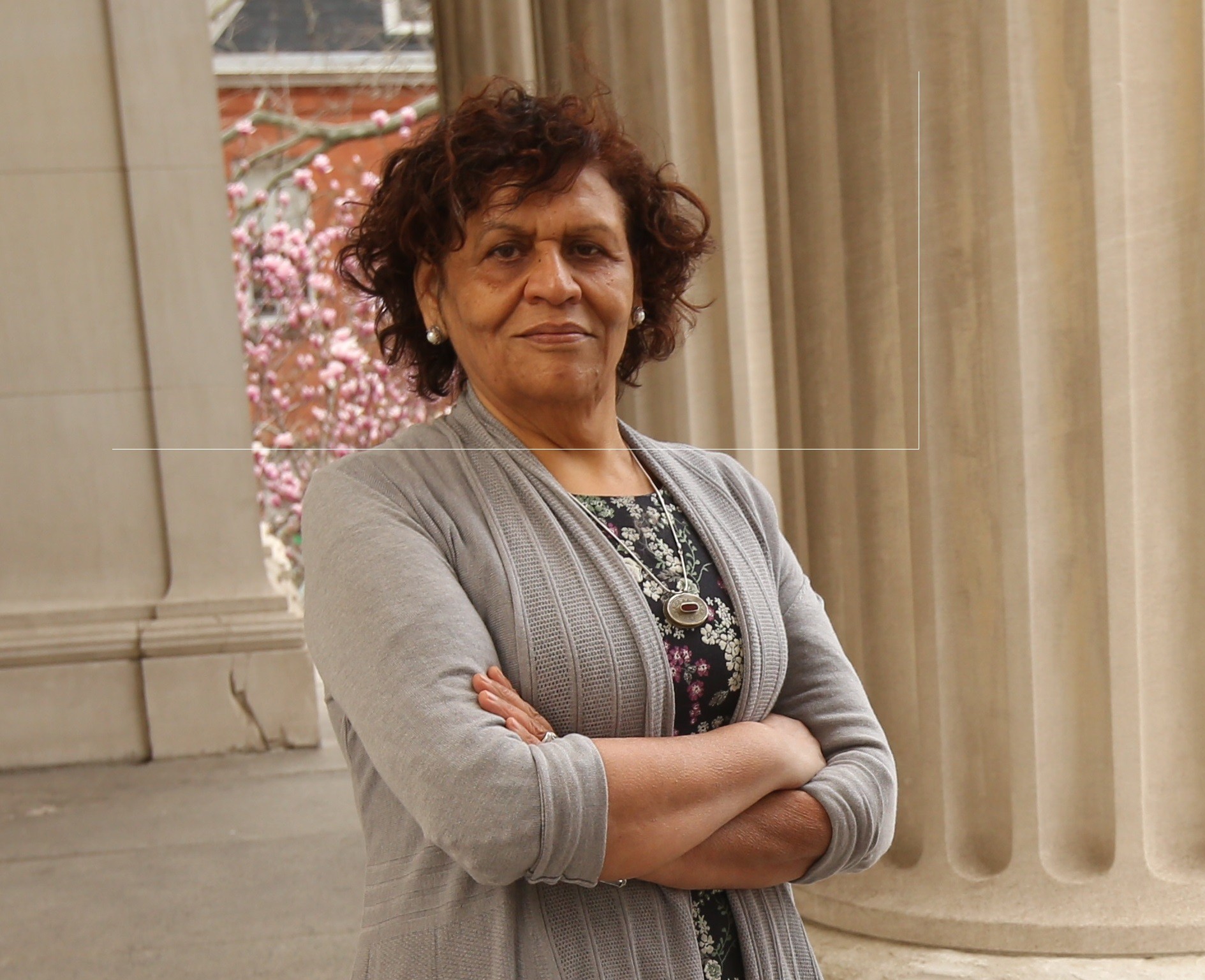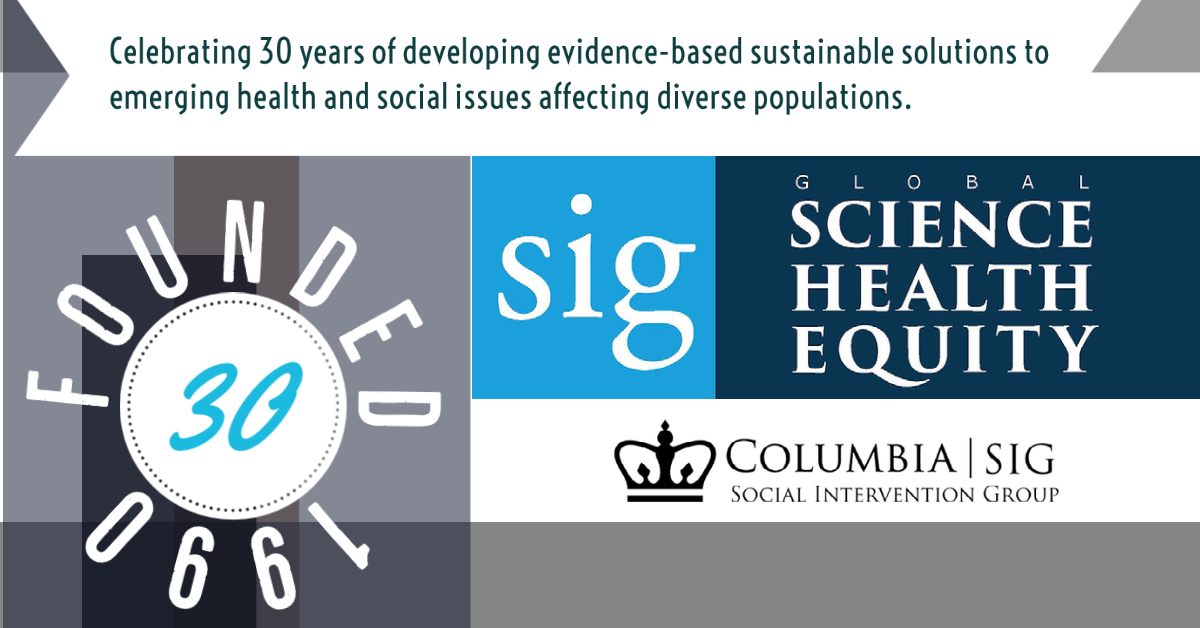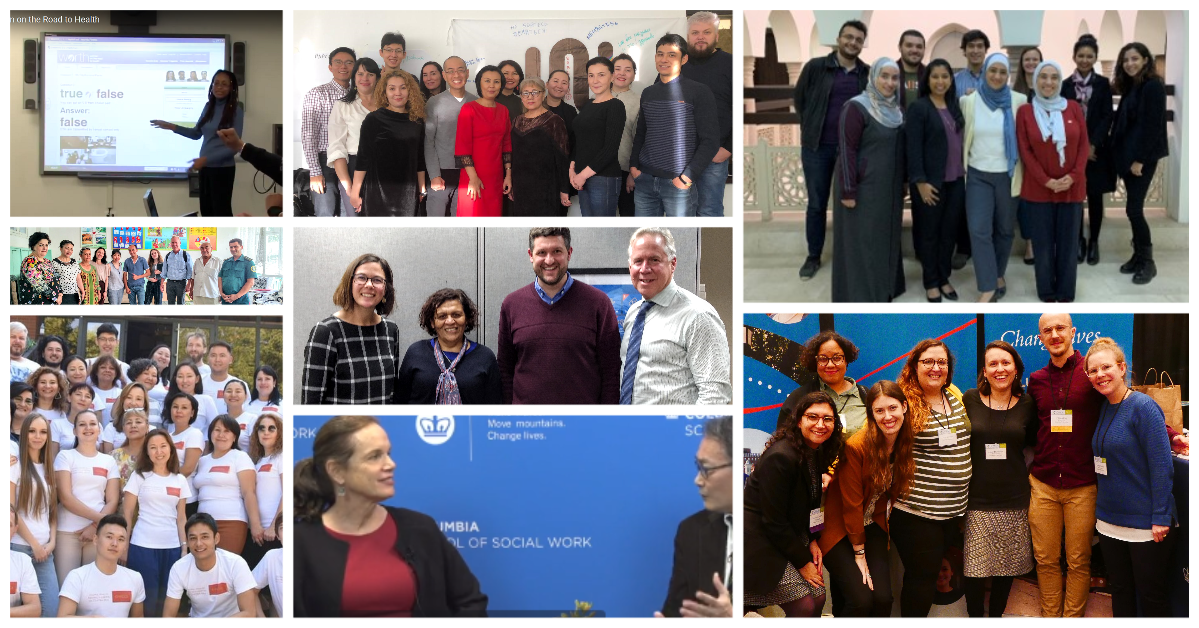On World AIDS Day, SIG Director Dr. Nabila El-Bassel reflects on 30 years of researching the HIV/AIDS pandemic and lessons for COVID-19.

The following is an excerpt of an article by Dr. El-Bassel on Columbia University News where it appears in full.

As we mark World AIDS Day on December 1, I have been reflecting on the HIV/AIDS pandemic fight and its relevance to today’s COVID crisis. Having conducted research on HIV/AIDS for the last 30 years, and now leading a large multi-site study to stem the opioid overdose crisis amid the COVID-19 pandemic, I’ve observed how health inequities, racial, sexual, and gender disparities, and social/structural factors remain barriers to access to HIV testing and treatment for many Americans.
By barriers, I mean unemployment, poor schools, police brutality, chronic exposure to discrimination and racism, and widespread lack of health insurance. Stigma and fear of discrimination still cause some people to avoid learning about their HIV status and obtaining medical treatment.
When I first began conducting AIDS research, treatments to combat the virus were few and ineffective. A medical breakthrough came in 1996, when antiretroviral therapy (ART) was introduced. Later drugs made viral loads undetectable and HIV transmission less likely to occur. HIV/AIDS began to be viewed as a chronic disease.
Despite progress in treatment, racial disparities in healthcare persisted. Racial and ethnic minorities in this country were more likely to experience delays in HIV care and less likely to receive ART at earlier stages in the disease, especially people in homeless shelters, with criminal justice system involvement, or undergoing community supervision.
Today, vulnerable groups face multiple health problems and their pre-existing conditions put them at higher risk for the COVID-19 pandemic. The same disadvantaged groups that had significant barriers to AIDS care are now disproportionately affected by COVID-19.
My HIV prevention work taught me how to reach underserved groups, how to create an action plan to mobilize communities to use evidence-based data to inform healthcare policy and decision-making, and how to implement those decisions to link people to care in resource-stretched communities.
The COVID vaccine will be available soon. I suggest four strategies to ensure that vaccine distribution and access to testing, treatment, and care reaches underserved communities who were ignored in the early years of the HIV/AIDS pandemic.
Read the entire article on Columbia News.
Reflecting on 30 years

The Social Intervention Group (SIG) was co-founded by Dr. El-Bassel 30 years ago to address the HIV/AIDS pandemic. SIG has been fortunate to work with some of the top scientists and researchers to reach the most underserved communities both domestically and globally.
The Global Health Research Center of Central Asia (GHRCCA) based in Kazakhstan continues to serve individuals in Central Asian and Eastern European countries through research interventions designed to serve the most vulnerable populations, training programs expanding the field of social work, and dissemination of evidence-based practices. SIG's global work also includes ASPIRE, which conducted vital research serving Syrian refugee populations, and Project WINGS, addressing intimate-partner and gender-based violence in India and Kyrgyzstan.
In addition to continuing important work on the HIV/AIDS pandemic, SIG is also addressing the opioid epidemic through the multi-site HEALing Communities Study and The Columbia Center for Healing of Opioid and Other Substance Use Disorders (CHOSEN).
This work would not be possible without our dedicated team, community partners, and grantors and funders. Thank you.

Follow SIG's work by signing up for our monthly newsletter or following us on Twitter.
